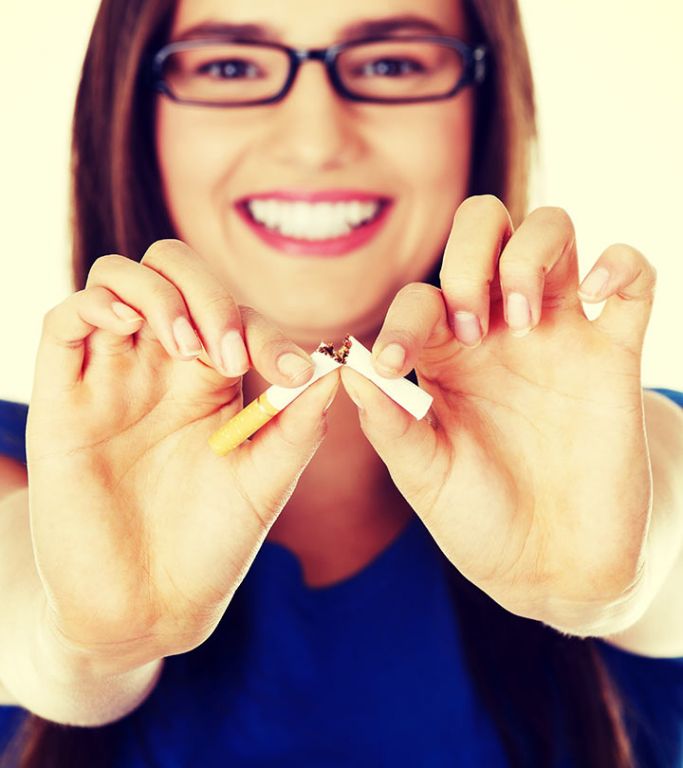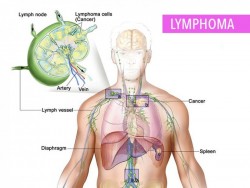
Eczema is a common skin condition that results in red, itchy patches on the skin. Treating severe eczema is challenging, but intensive treatment methods can improve people's symptoms.
Doctors cannot cure eczema, which is also called atopic dermatitis, but treatments can reduce the severity of rashes and inflammation so that a person's quality of life improves.
Severe eczema is more challenging for doctors to treat than mild eczema. This article will look at the treatment options for severe eczema in adults, infants, and older children.
Treatment commonly involves using over-the-counter creams on the affected areas.
Chemicals and perfumes can make people's symptoms of eczema worse.
Some people may find that their eczema does not respond to initial treatment. In these cases, talking to a doctor is essential as leaving eczema untreated makes complications more likely, particularly skin infections.
If a person's eczema does not respond to initial treatments, then a doctor might prescribe wet wraps, ultraviolet radiation, or medications that suppress immune responses.
These treatments for unresponsive ezcema are discussed below:
Wet wrap therapy involves applying damp strips of fabric onto the skin where eczema is flaring up. This aims to increase the skin's moisture content and prevent the skin becoming dry and cracked.
To use this therapy, a person applies medicines or moisturizers as lotions onto the skin and then wraps clean, water-soaked gauze or fabric around the area to help maximize how long the lotions stay in contact with the skin.
It helps to apply a dry layer on top of this treatment to stop the wraps from drying out.
People can use wet wraps anywhere on the body. If eczema affects a person's hands or feet, they can use wet cotton gloves or socks as wet wraps.
The best time to use wet wraps is just after bathing and moisturizing. People can leave the wraps on for a few hours or overnight.
Using ultraviolet light, which is also known as phototherapy, can reduce the body's inflammation response and may reduce the symptoms of eczema.
Around 70 percent of people who have phototherapy find that their eczema improves.
During phototherapy, a person enters a machine that emits UVB light for a few seconds or minutes. The machine can treat the entire body or only the body parts left uncovered.
People usually need to continue phototherapy treatment for several months. They can reduce the frequency of their treatments once their symptoms start to improve.
There are many different medications that doctors can prescribe that suppress a person's immune response. People can either have these as lotions applied directly to the skin or take them orally as tablets.
Of these different medications, a systematic review of research suggests that using the drug cyclosporin A, in the short-term, can improve the symptoms of severe eczema.

Doctors may also prescribe a vitamin A derivative called alitretinoin.
Also, if other medications have not worked, doctors may recommend a drug called dupilumab. Dupilumab can treat the symptoms of eczema by decreasing skin inflammation.
Eczema is a common condition among children and babies.
A challenge for caregivers is that infants are unable to control the urge to scratch their eczema, and scratching is one of the main factors that makes eczema worse and can lead to infections.
Wet wraps may be particularly helpful for children and babies, as they can prevent the individual from scratching the affected areas.
The treatments for infants are similar to adults, with the focus on moisturizers and anti-inflammatories. The National Eczema Association (NEA) also recommend avoiding key triggers, such as:
Environmental allergens can include pet dander, dust, and pollen.
Eczema is a chronic condition, and there is no cure currently. Many people who develop eczema in their childhood will grow out of it.
However, adults can also develop eczema, which is often more severe than childhood eczema. Periods of flare-ups when the eczema is worse, and periods of remission when it gets better usually characterize adult eczema.
Because doctors cannot cure eczema, treatments focus on a person managing the symptoms of their condition. A person with eczema will also be encouraged to make changes to their everyday life to avoid key triggers.
According to the NEA, anxiety and stress can also be triggers of eczema. This means a "vicious cycle" can develop, with eczema making a person's anxiety and stress worse, and anxiety and stress impacting a person's eczema.
Evidence also exists that links eczema with mental health issues.
A study from 2013 found that children with eczema were more likely to experience mental health issues. The researchers found a link between the severity of eczema in children and the severity of their mental health issues.
As well as the physical effects of eczema, a person should also attend to these mental health symptoms. This might involve:
Although there is no cure for eczema, people can manage both its physical and mental health effects, and there are many different treatments available.
If a person has severe eczema, speaking to a medical professional is essential to ensure they receive the best treatment for their symptoms.
Doctors are not sure why people develop eczema. They believe that it is most likely to be linked to both environmental and genetic factors.
A 2014 study states that these skin changes are complex and driven by many factors, including genetics, people's environments, and their immune system functions.
A person with eczema may also have an overly active inflammatory response, which means their body reacts to skin irritants more than it should.
This suggestion explains why people with eczema may also have asthma or rhinitis. A 2013 study found that the more severe a child's eczema, the more likely they were to have rhinitis or asthma.
Doctors may classify eczema as severe when it covers a large area of a person's body, is resistant to treatment, or when flares last a long time.
People with severe eczema can try intensive treatment methods, including wet wraps, phototherapy, and therapies that reduce immune system function. They can also take steps to look after their mental health.
Eczema is more common in children and tends to get better as a person gets older. There is no absolute cure for eczema, but people can manage their symptoms and treat or prevent flares to improve their quality of life.
 What Happens When You Quit Smoking – A Timeline
What Happens When You Quit Smoking – A TimelineEvery year more than 7 million people die as a result o...
 Types Of Yoga, Which One Is Best For You?
Types Of Yoga, Which One Is Best For You?There are two types of people in the world - those who ...
 10 Amazing Health Benefits Of Apricot Juice
10 Amazing Health Benefits Of Apricot JuiceOriginally from China, the use of apricots began almost...
 Cheap & Healthy Shopping List for Students
Cheap & Healthy Shopping List for StudentsCheap & Healthy Shopping List for StudentsStaying o...
 This Honey, Lemon And Cinnamon Drink Will Help You Lose Pounds In A Week
This Honey, Lemon And Cinnamon Drink Will Help You Lose Pounds In A WeekThe most effective way to lose weight is to do aerobic ...
 What You Need To Know About Lymphoma
What You Need To Know About LymphomaLymphoma is a cancer of the lymphatic system. It affect...
 This Honey, Lemon And Cinnamon Drink Will Help You Lose Pounds In A Week
This Honey, Lemon And Cinnamon Drink Will Help You Lose Pounds In A WeekThe most effective way to lose weight is to do aerobic ...
 Colon Cancer: Could Exercise Halt Tumor Growth?
Colon Cancer: Could Exercise Halt Tumor Growth?New research published in the Journal of Physiology sug...